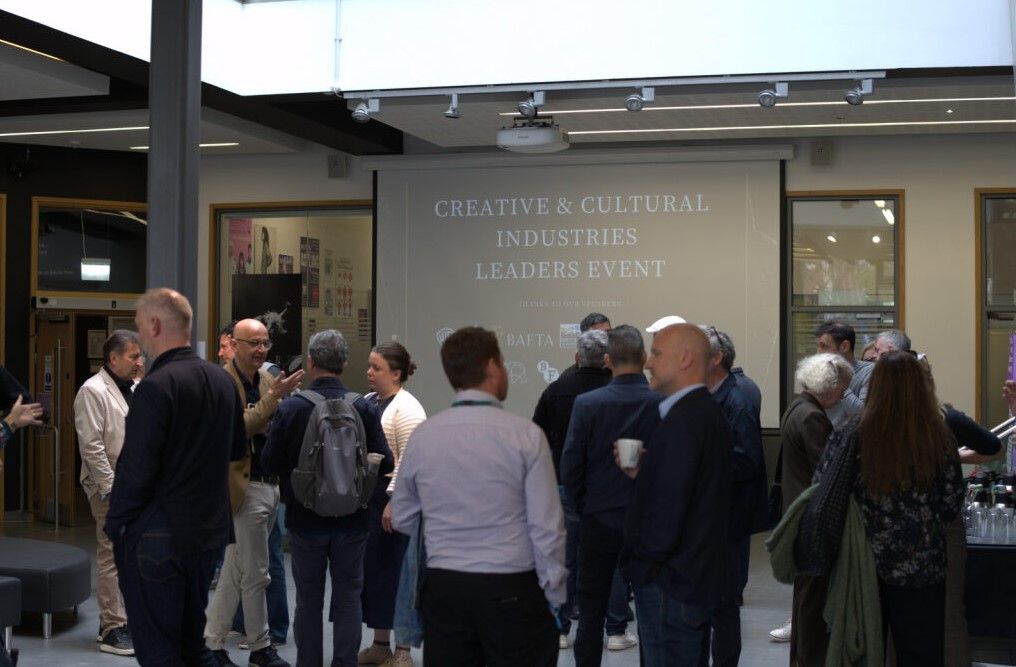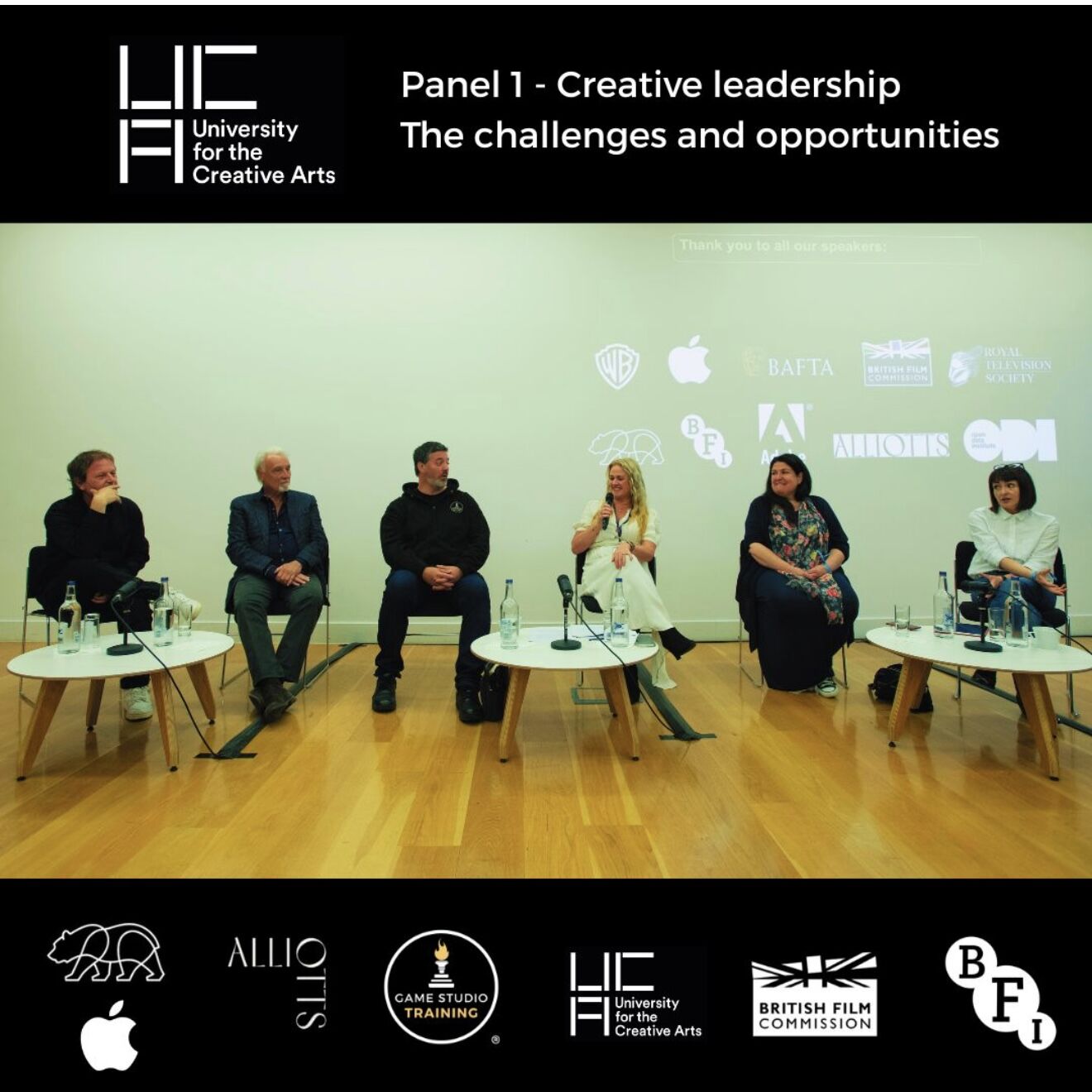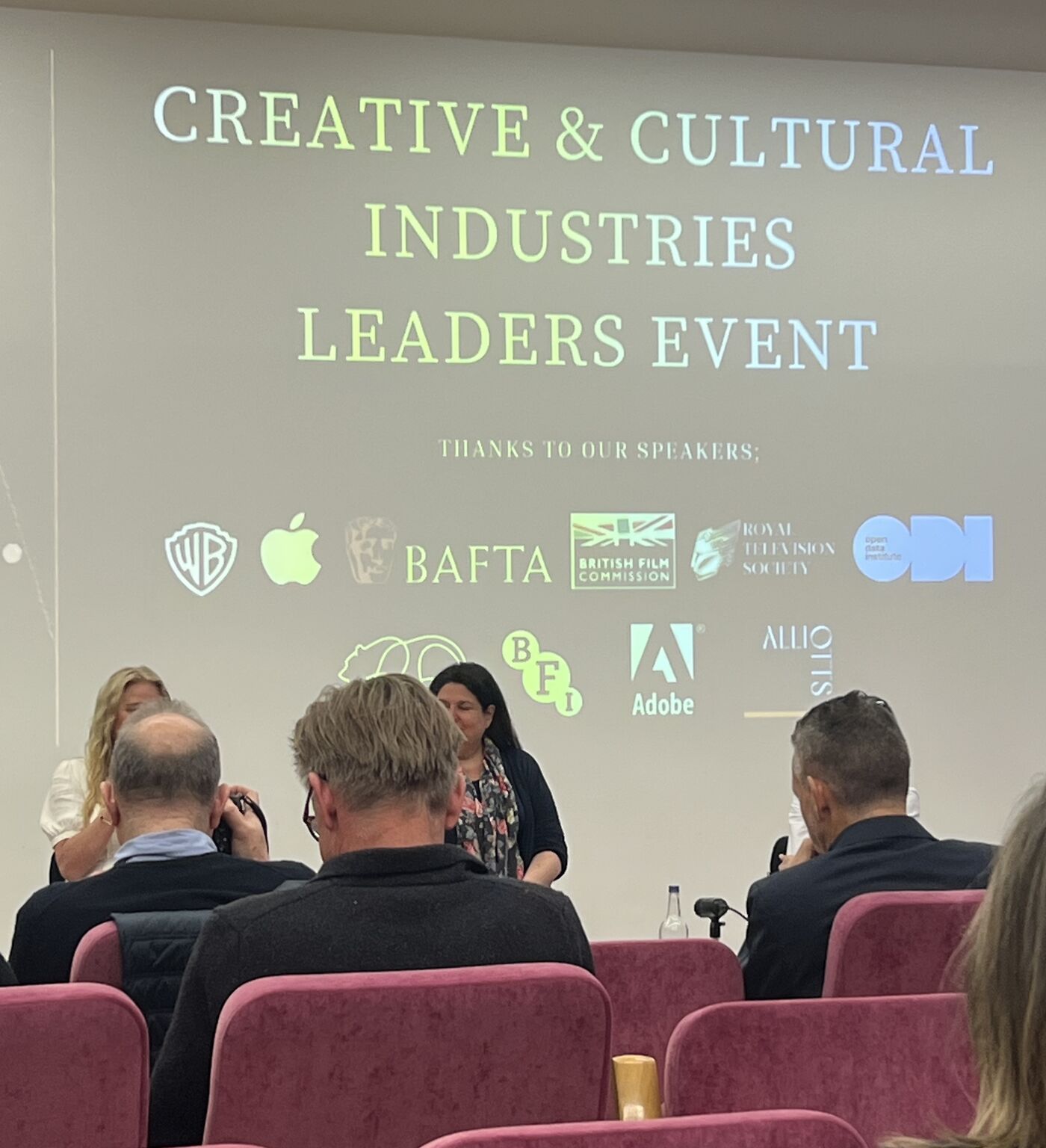
Accidental Managers, AI and Future Skills: What Does the Future Hold for the Creative industries in the UK
Are you an ‘accidental manager’ and how much do your staff trust you?
This month, the University for the Creative Arts (UCA) hosted an event for creative and cultural leaders at the UCA Creative Business School campus in Epsom. The key discussion points of the event were about leadership and skills, as well as the impact that AI will have on the industry. Some shocking stats were quoted:
• Fewer than 20% of employees have a very high degree of trust in their direct supervisors or senior leadership.
•A recent CMI survey showed that in the UK 82% of managers are considered ‘accidental’ managers’ i.e. people who were promoted to their position purely on the basis of their ability rather than their people management skills.
• An earlier CMI survey found that across all sectors, one in three UK workers has left a job due to poor management or toxic workplace culture and 33% of managers have never received any formal management training.
Takeaway insights
Given this lack of trust, recognition and support in the workplace it’s perhaps not surprising that the UK is ranked 33rd out of 38 countries in Europe for employee engagement, with our engagement levels at just 10% and from a UK Plc point of view, research from Deloitte has found that productivity issues can be directly linked to engagement challenges. So what’s the answer? Do we just need to train our managers to make us better, happier and more engaged employees, or is there more to it than that? Below are some thoughts:
• Managers need training – some managers are great at people management, and some are great at their jobs. We need our managers to be great at both! UCA are looking at how they can actively support managers within the creative industries, but the issue seems wider and more fundamental than that.
•Is flexibility a part of this? Does increased flexibility in the workplace lead to better engagement? A 2023 study from Lancaster University found that UK organisations offering meaningful flexibility experienced 27% higher engagement scores compared to those with rigid work models? But some studies have shown that too much flexibility can lead to alienation and a blurring of work-life balance, leading to a decrease in engagement. So what would be considered ‘enough’ when it comes to flexibility?


• Engagement grows if employees are connected with a company’s mission, so should creating a highly engaged workforce be an integral part of the mission for every company?
• Are we being authentic with our values? Research from the UK’s Involvement and Participation Association showed that organisations with clearly articulated values that are genuinely embedded in the business have engagement scores that are 20-30% higher. However, research by Durham University Business School showed that where values were not matched by leadership behaviours or business practices, this led to lower engagement scores than companies that had no stated values at all. So we must be authentic, and practice what we preach.
Thank you
It should be noted that this is not just an issue within the creative and cultural industries, but a much wider issue that needs to be solved if we can hope for the UK to remain competitive in the future. And this is all before we got on to the subject of AI…!!
Thanks to Alli Gibbons and Andy Coley for the stats in this article as well as UCA for the invite to the event.


